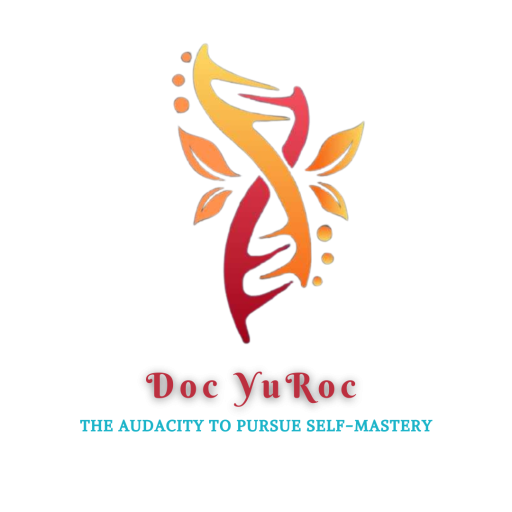
I’ve been paying attention.
Not just to who’s in the room, but who isn’t. Not just to who gets invited to the table, but who keeps getting left out of the conversation altogether.
And there’s a pattern that’s hard to unsee once you notice it.
In conversations about kink, healing, consent, and alternative sexuality, the people consistently centered, the ones leading organizations, giving keynotes, getting quoted, running panels, are often:
- Gay white men
- White queer women
- Occasionally queer folks of color (but even that has limits)
- And rarely—very rarely—Black women
- Even more rarely, Black straight men
And it’s not that we aren’t doing the work. We are. We’ve been doing it, quietly, boldly, brilliantly. Educating, leading, guiding, healing, building frameworks, creating language, and holding communities that were never meant to survive, let alone thrive.
But we’re often overlooked. And when we are visible, we’re expected to come wrapped in a package that’s more comfortable for consumption.
The Unspoken Politics of Palatability
Let’s name what’s often left unsaid:
Some of us are more “acceptable” to center, because we don’t challenge the power structure too deeply. Because our presence doesn’t ask the room to reckon with itself. Because we speak the right language, have the right credentials, or have learned how to smooth our edges to avoid making people uncomfortable.
That’s what I mean by palatability.
It’s not just about who’s doing meaningful work. It’s about who can be seen doing it without unsettling the norms.
And in kink spaces, where the rhetoric is liberation but the practices are often gatekeeping, palatability becomes its own kind of clout.
It’s like there’s this unspoken guideline:
Be radical, but not too Black. Be visible, but don’t make us uncomfortable. Be loud, until your truth centers you more than it centers us.
Centering Queerness
I have no beef with queerness, I celebrate it. However, I’m naming the fact that queerness, particularly white queerness, has been positioned as the default lens for kink.
And when queerness is centered in a way that still prioritizes whiteness, and the global majority is only welcomed when it conforms to that lens, it creates a very narrow version of what’s considered “valid,” “credible,” or “respectable” in these spaces.
For Blacks specifically, it becomes: “Show up Black, but only if your Blackness is queer enough, academic enough, soft enough, or aligned enough with white frameworks.”
That is not equity. That is assimilation dressed up as inclusion.
So What Happens?
Black women with deep wisdom, lived experience, and embodied insight get ignored unless they have a PhD, a TED Talk, or a white co-signer. Black straight men are either hypersexualized, villainized, or seen as too threatening to be trusted with leadership. And the various BIPOC folks doing the actual grassroots healing, the ones holding real trauma in real communities, get overlooked in favor of the person who can cite the most research articles.
Where Do I Sit in All of This?
I’m not here to be placed in someone else’s model. I’m not interested in being the exception to a rule I never agreed to in the first place. I’m not creating work that fits neatly into a framework designed to erase me.
What I’m doing, and what many others are doing quietly alongside me, is building a new structure altogether.
One that doesn’t require you to be palatable to be respected. One that doesn’t ask you to shrink to fit. One that doesn’t equate whiteness or academia with legitimacy. One that recognizes kink, healing, power, and transformation as sacred, especially when led by those who have had to fight for every inch of their voice.
So No, I’m Not Angry.
I’m just clear.
And I’m not here to debate whether this is real, I’m telling you that it is. Palatability is not liberation. Positioning without shared power is not progress. And visibility that only exists on someone else’s terms is not inclusion, it’s performance.
I didn’t come here to perform. I came to build.
And I won’t shrink just to be seen.
Some of us weren’t born to fit in. We were born to create something new. To the trailblazer, I SEE YOU! ~Doc Yu Roc~

Thank you for putting into words what POC feel daily.
Thank you for not being a bot, lolbs. You are more than welcome, more of these conversations need to be happening. Thank you for your response and presence!
Doc